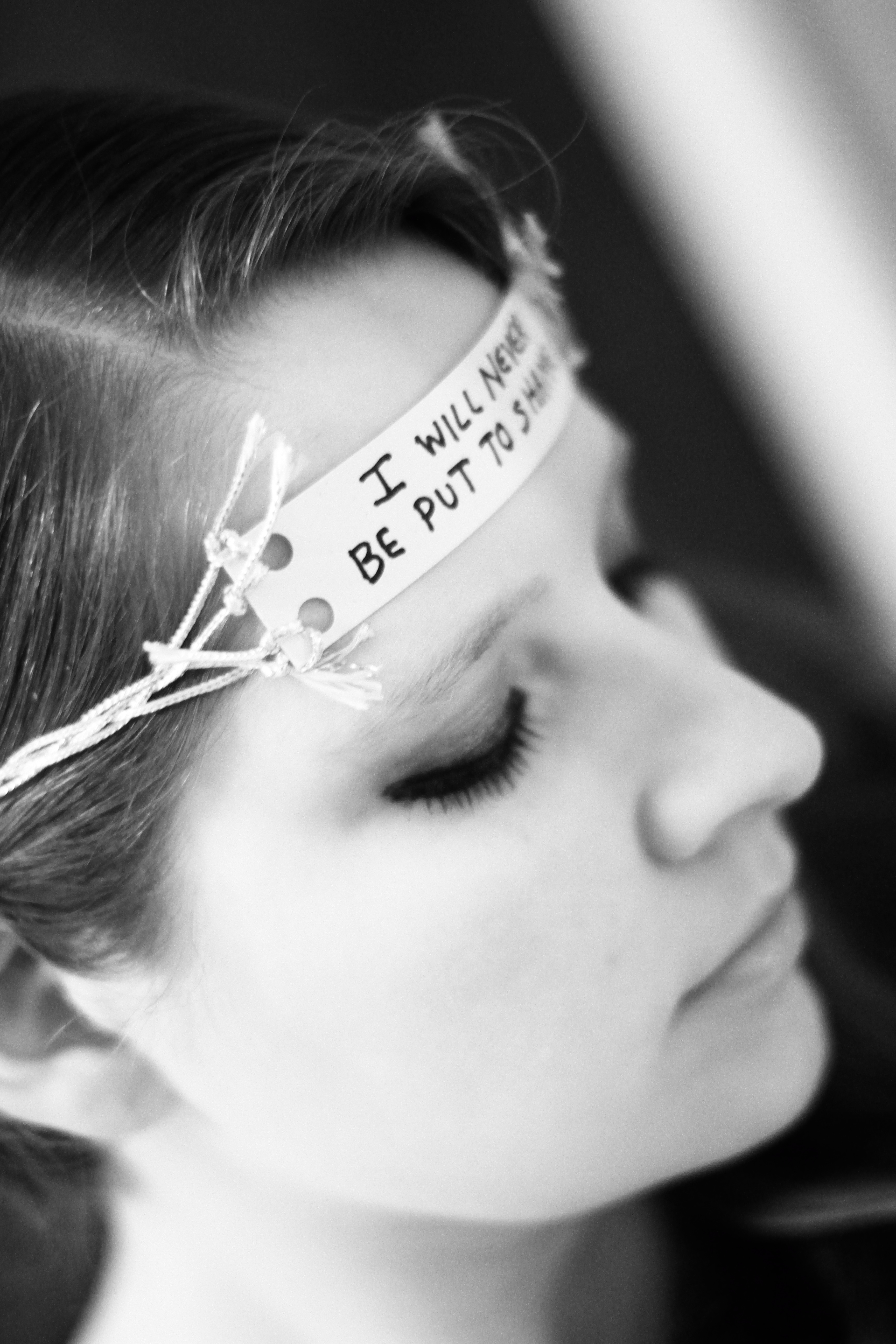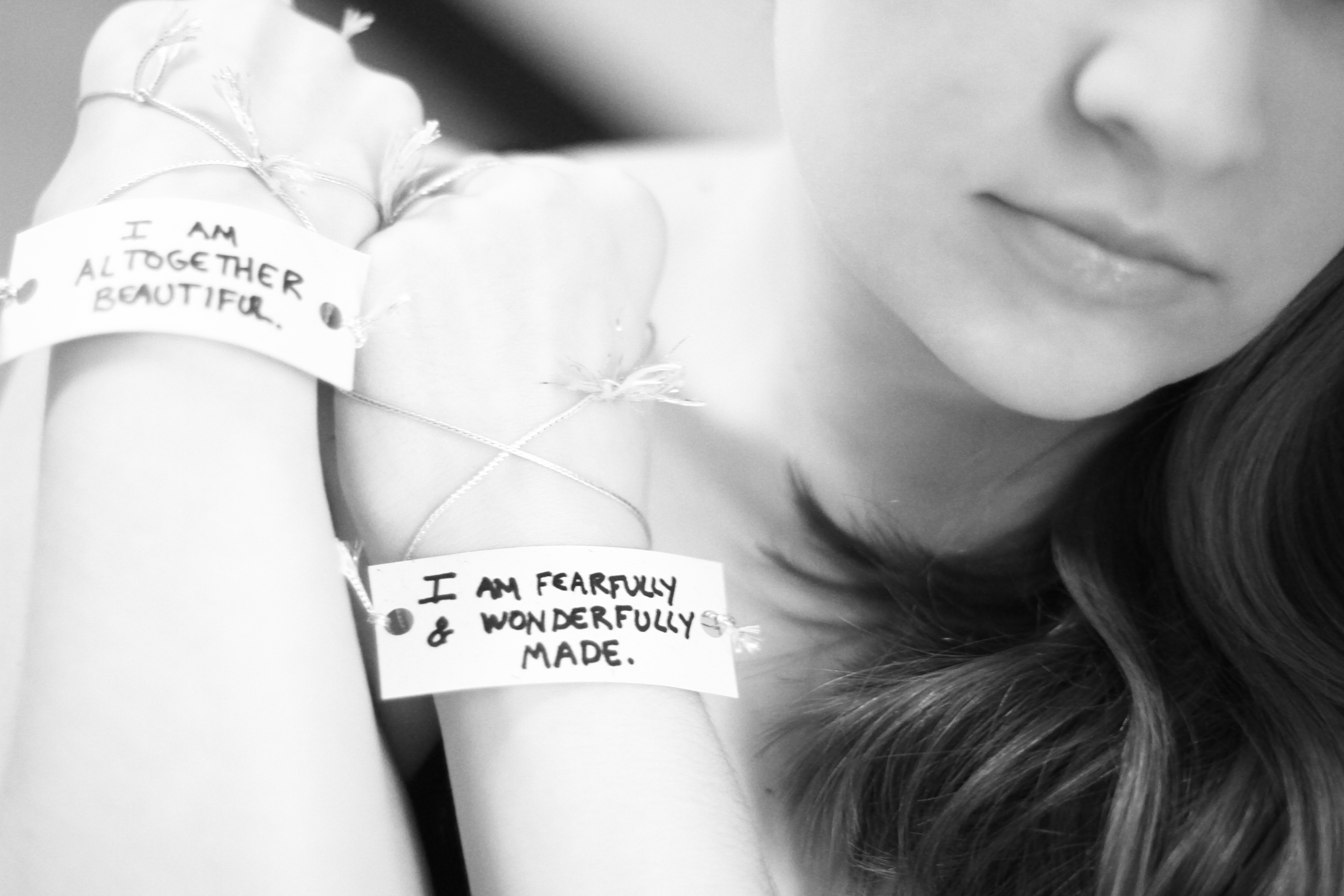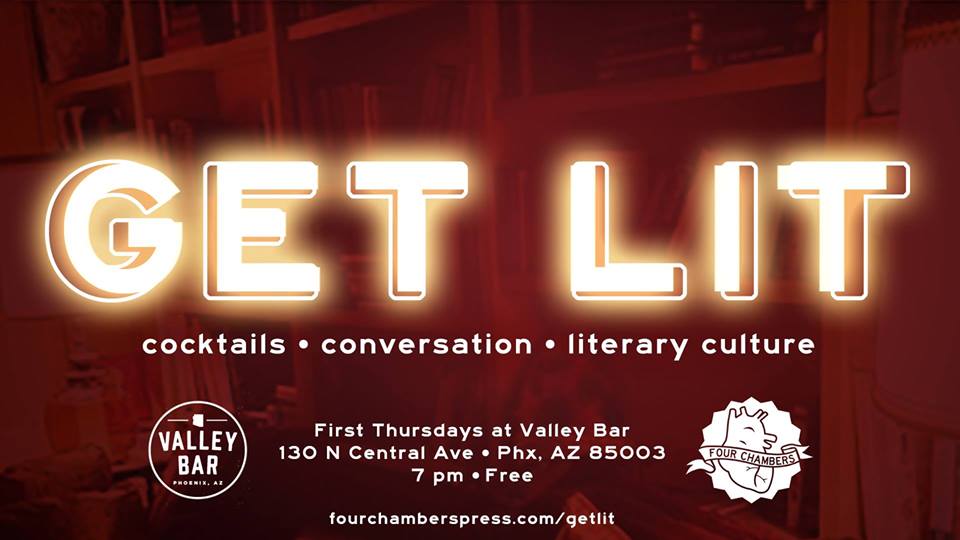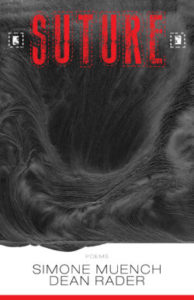Reading submissions for Superstition Review allowed me to think about the stories I love to read. I’ve found that the best stories have a character I can connect with, and also an interesting problem.
There are so many elements that can make a piece of writing good. The first thing that comes to mind is characterization, which means creating round characters, with both internal and external struggles, and a full life that exists outside the page. My sister says that when she finishes a good book, she sometimes misses the characters and the time that she’s spent with them. One of my professors will always remind us in class not to say the word character, because writers are actually creating souls.
But it’s not enough to have an interesting character sitting in a room doing nothing. What makes a character truly endearing and relatable is their problems and how they choose to deal with them. Even Nick Carroway and Jay Gatsby without their dramatic love affairs would likely not hold a reader’s attention very long.
This is where I feel we get the human experience: when we read about someone relatable that has a problem foreign to us. Or someone that is completely foreign to us, and how they’ve overcome their problems (or not). Stories are about what a character wants and what they are willing to go through to get it. These struggles create an empathetic connection between the reader and the outside world.
Scientific American recently highlighted a study that found reading literary fiction helps young students to learn empathy. The experiment presented young groups with various types of reading; literary fiction, genre fiction, nonfiction, and nothing. The young readers that read literary fiction were significantly stronger at inferring others’ thoughts and emotions. Through seeing someone else’s trials and tribulations, a person is able to learn better how to interpret other people.
Interesting souls with interesting problems create the basis of fiction that empathetically moves readers. These are the kinds of stories that I love; stories that help to build an understanding of the world around us.

Bio: John Chakravarty is an undergraduate student at ASU majoring in English and Creative Writing. He is the Fiction Editor at Superstition Review. He also interns at Four Chambers Press reading submissions. When he graduates he hopes to write, edit, and publish for the comic book industry.
 The Young Authors’ Studio is a free writing program for kids in grades 5-12, designed to bring young writers together to learn the ins and outs of writing in a wide variety of styles and genres. ASU mentors, taught by Wendy Williams, will lead 6 free writing workshops throughout the months of October, November, and December.
The Young Authors’ Studio is a free writing program for kids in grades 5-12, designed to bring young writers together to learn the ins and outs of writing in a wide variety of styles and genres. ASU mentors, taught by Wendy Williams, will lead 6 free writing workshops throughout the months of October, November, and December. The next installment of the series will take place on September 28 from 7:30pm to 8:30pm, though you can come earlier to mingle, drink, and eat. You can find The Watershed at 5350 S Lakeshore Dr, Tempe, Arizona 85283.
The next installment of the series will take place on September 28 from 7:30pm to 8:30pm, though you can come earlier to mingle, drink, and eat. You can find The Watershed at 5350 S Lakeshore Dr, Tempe, Arizona 85283. I realized I wasn’t ready to write a poem about decorum when I couldn’t tell how an epigraph from the Budd Dwyer suicide video would play to the average person. In particular, I wanted to quote the press secretary’s plea for onlookers to “show a little decorum, please,” since it made me realize how strange the act of demanding/measuring civility is. That use of such a line might come off as disrespectful did occur to me, though, and I was forced to do some measuring myself.
I realized I wasn’t ready to write a poem about decorum when I couldn’t tell how an epigraph from the Budd Dwyer suicide video would play to the average person. In particular, I wanted to quote the press secretary’s plea for onlookers to “show a little decorum, please,” since it made me realize how strange the act of demanding/measuring civility is. That use of such a line might come off as disrespectful did occur to me, though, and I was forced to do some measuring myself. Paralysis is so often a metaphor. A simile to express shock or fear. It is a word you use, but you probably don’t mean it the way that I mean it. I mean to say my spinal column was damaged after my six-year-old body jackknifed during an automobile accident and that was the last moment I felt the skin below my chest or moved my legs of my own volition. Unless you count feeling my skin with my fingers and lifting my legs with my arms to move them where I would have them go. I do count this. Do not discount this.
Paralysis is so often a metaphor. A simile to express shock or fear. It is a word you use, but you probably don’t mean it the way that I mean it. I mean to say my spinal column was damaged after my six-year-old body jackknifed during an automobile accident and that was the last moment I felt the skin below my chest or moved my legs of my own volition. Unless you count feeling my skin with my fingers and lifting my legs with my arms to move them where I would have them go. I do count this. Do not discount this. Look at me. My life is not a ruined life. My brother’s life is not a ruined life, even though you don’t want it. My flesh is numb, but it is still here. I am beautiful even when you don’t believe it. Even when I don’t believe it. I may be the person you carry from the burning building, down flight after flight before the walls crumble in on us. You may want to discount me. But I am alive. My lungs fill with air and my chest expands and my palms press into the tread of my tires and I keep pushing. My body propels me forward in ways my words alone cannot.
Look at me. My life is not a ruined life. My brother’s life is not a ruined life, even though you don’t want it. My flesh is numb, but it is still here. I am beautiful even when you don’t believe it. Even when I don’t believe it. I may be the person you carry from the burning building, down flight after flight before the walls crumble in on us. You may want to discount me. But I am alive. My lungs fill with air and my chest expands and my palms press into the tread of my tires and I keep pushing. My body propels me forward in ways my words alone cannot.


